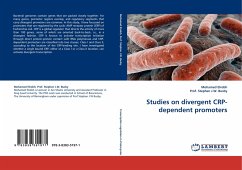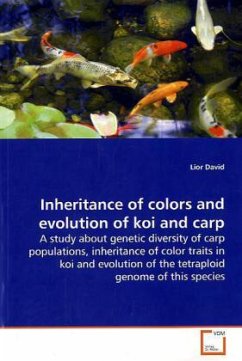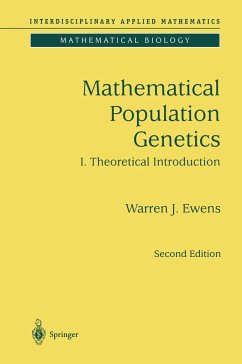
Divergent Evolution
Versandkostenfrei!
Versandfertig in 6-10 Tagen
26,99 €
inkl. MwSt.

PAYBACK Punkte
13 °P sammeln!
Divergent evolution is the accumulation of differences between groups which can lead to the formation of new species, usually a result of diffusion of the same species adapting to different environments, leading to natural selection defining the success of specific mutations. Primarily difussion is the basis of molecular division can be seen in some higher-level characters of structure and function that are readily observable in organisms. For example, the vertebrate limb is one example of divergent evolution. The limb in many different species has a common origin, but has diverged somewhat in...
Divergent evolution is the accumulation of differences between groups which can lead to the formation of new species, usually a result of diffusion of the same species adapting to different environments, leading to natural selection defining the success of specific mutations. Primarily difussion is the basis of molecular division can be seen in some higher-level characters of structure and function that are readily observable in organisms. For example, the vertebrate limb is one example of divergent evolution. The limb in many different species has a common origin, but has diverged somewhat in overall structure and function. Alternatively, "divergent evolution" can be applied to molecular biology characteristics. This could apply to a pathway in two or more organisms or cell types, for example. This can apply to genes and proteins, such as nucleotide sequences or protein sequences that derive from two or more homologous genes.












